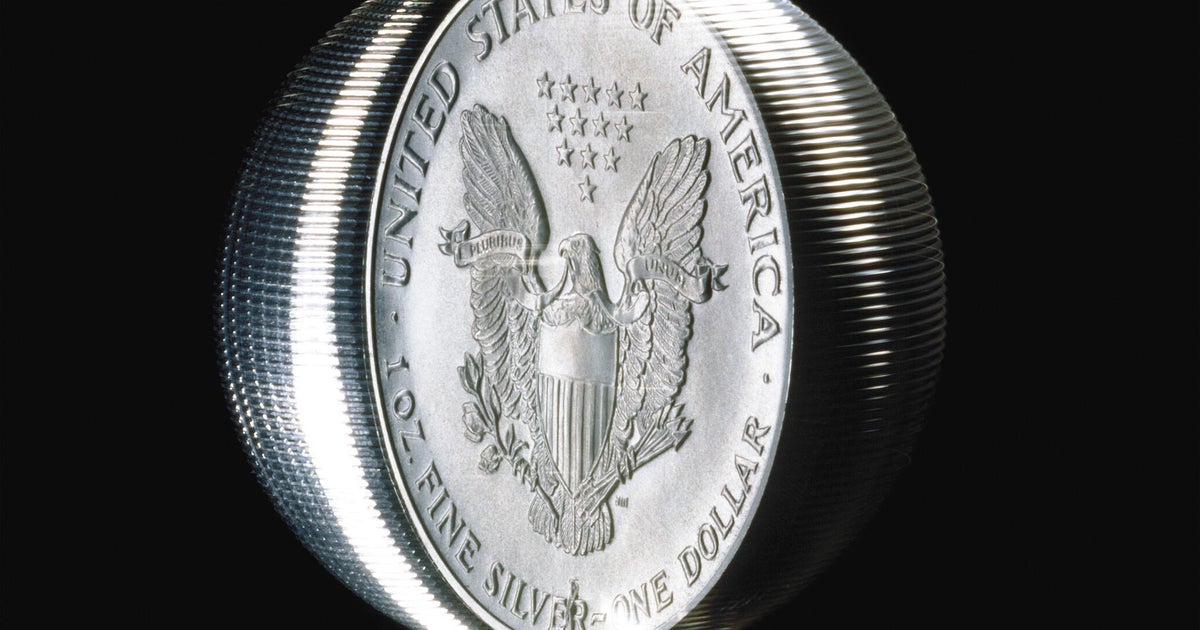8 important questions to ask when opening a CD
The current rate environment hasn't been kind to borrowers. As the Federal Reserve increased its benchmark rate over the last year, the interest rates on everything from mortgages to personal loans, home equity loans and credit cards also ticked upward. In turn, it's now a lot more expensive to borrow money than it was just six or 12 months ago.
But while borrowers are now facing much higher costs, many savers are raking in the benefits of a high-rate environment. The rates on deposit accounts are now significantly higher than they were a year ago — so it's a great time to put some money in a low-risk, interest-bearing account.
That's why certificate of deposit (CD) accounts are a popular choice currently. Unlike many other types of interest-bearing accounts, CDs offer a fixed interest rate and a predictable return, making them an attractive option. And, today it's not uncommon to find CD rates as high as 5.5% or more. But before you open a CD, it's crucial that you ask the right questions to ensure you're making an informed decision.
Explore the top CD options for you here.
8 important questions to ask when opening a CD
If you're planning to open a CD account, asking the following questions can help you make the most informed decision possible for your money:
What is the interest rate?
The interest rate is a fundamental aspect of any CD investment. It determines how much you'll earn over the CD's term. And, CD rates can vary significantly from one bank or credit union to another, so it's essential to compare rates from different financial institutions.
When you ask for information on the rates, be sure to also ask about the annual percentage yield (APY), which takes into account compounding interest. This gives you a more accurate representation of your potential earnings.
Find out what today's top CD rates are here.
What is the term length?
CDs come in various term lengths, which can range from a few months to several years. The longer the term, the higher the interest rate typically offered. However, in this rate environment, that's not necessarily true, as 6-month and 1-year CDs are currently offering some of the highest average rates available right now.
Be sure to consider your financial goals and when you'll need access to your money before selecting a CD with an appropriate term length. It's important to choose a term that aligns with your financial objectives — as a top rate won't do you much good if you have to withdraw your money early.
Are there any penalties for early withdrawal?
Speaking of early withdrawal, most CDs impose penalties if you withdraw your funds before the maturity date. These penalties can eat into your earnings or even dip into your principal amount — so you want to avoid them if possible. It's typically better to choose a shorter-term CD, even with a lower rate, if you think you'll need access to your money earlier rather than later.
That's why you should make sure to inquire about the specific penalty structure and understand the consequences of early withdrawal. Knowing this information can help you avoid unwanted surprises down the road — and help you determine which option is best for your unique needs.
What is the minimum deposit requirement?
Each financial institution may have its own minimum deposit requirement for opening a CD. Some institutions may offer CDs with low minimums, while others may require a more substantial initial deposit. Ensure you meet the minimum deposit requirement before opening the CD, and be aware of any additional benefits offered for larger deposits.
Can the interest rate change during the term?
Some CDs offer fixed interest rates throughout the entire term, while on occasion, others may have variable rates that can change periodically. It's important to clarify whether the interest rate on your CD is fixed or variable and understand how any rate changes may affect your earnings.
Is the CD insured?
CDs offered by banks are typically insured by the Federal Deposit Insurance Corporation (FDIC) for up to $250,000 per account holder, per bank. Credit unions offer similar coverage through the National Credit Union Administration (NCUA). While it's unlikely that a bank will fail, it can happen. So, be sure that your CD is held by a reputable institution and that it is insured to protect your investment in case of financial institution insolvency.
What is the renewal process?
Most CDs automatically renew at maturity unless you specify otherwise. Ask about the renewal process and whether you have the option to change the terms or withdraw your funds without penalties when the CD matures. Having all of the information about the renewal process allows you to make informed decisions about your investments.
Are there any special features or add-ons?
Some financial institutions offer special features or add-ons to their CDs, such as the ability to add more money during the term, a one-time rate bump or the option to receive interest payments more frequently. Explore these options to see if they align with your investment goals.
The bottom line
Opening a CD can be a smart and secure way to grow your savings, especially right now, with rates as high as they are. But before you do, it's essential to ask the right questions and understand the terms and conditions. By addressing these important questions, you can make an informed decision that best suits your financial objectives and risk tolerance. And, remember to compare offers from different financial institutions to find the CD that aligns with your goals and offers the best terms and rates for your needs.




